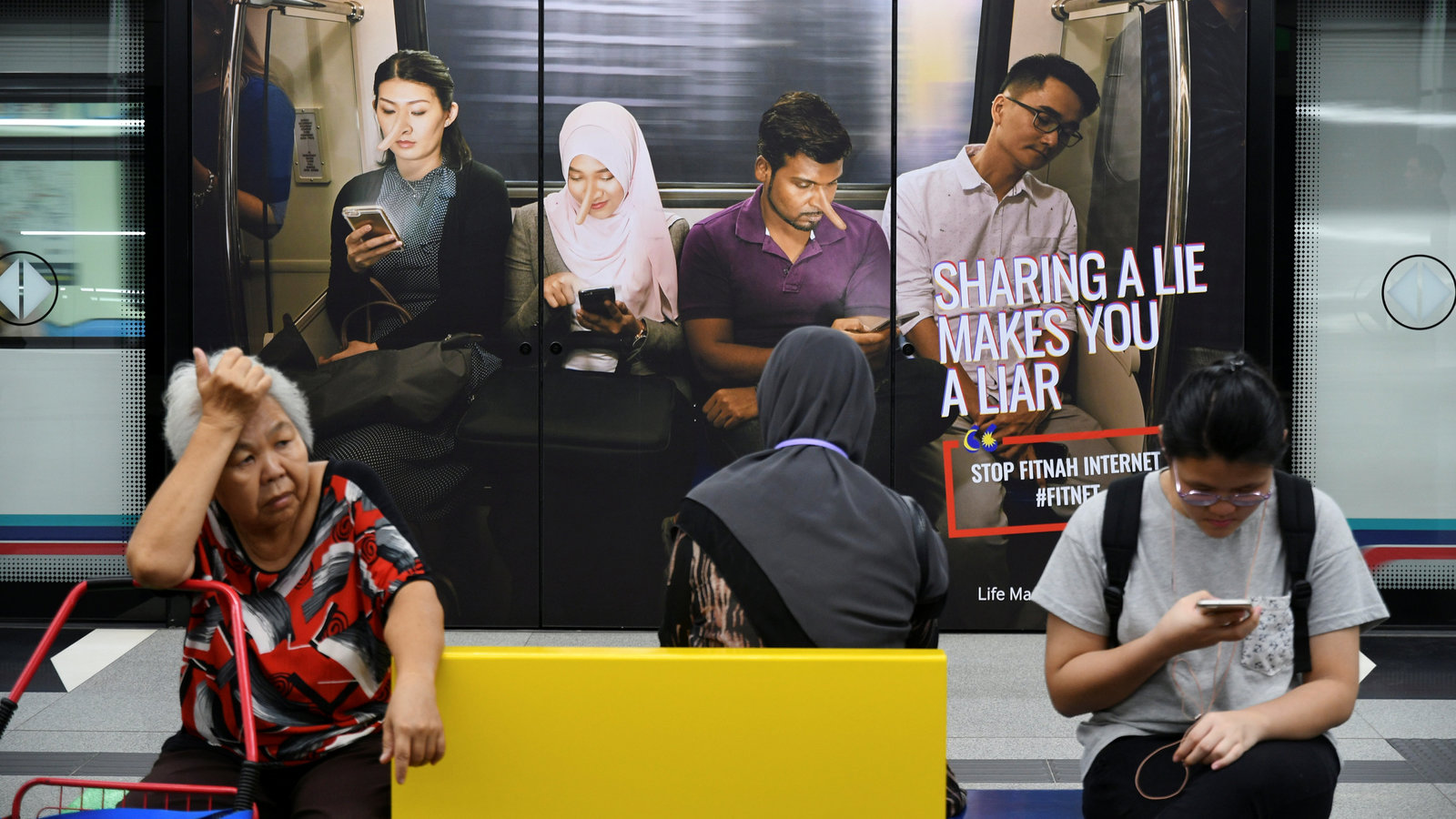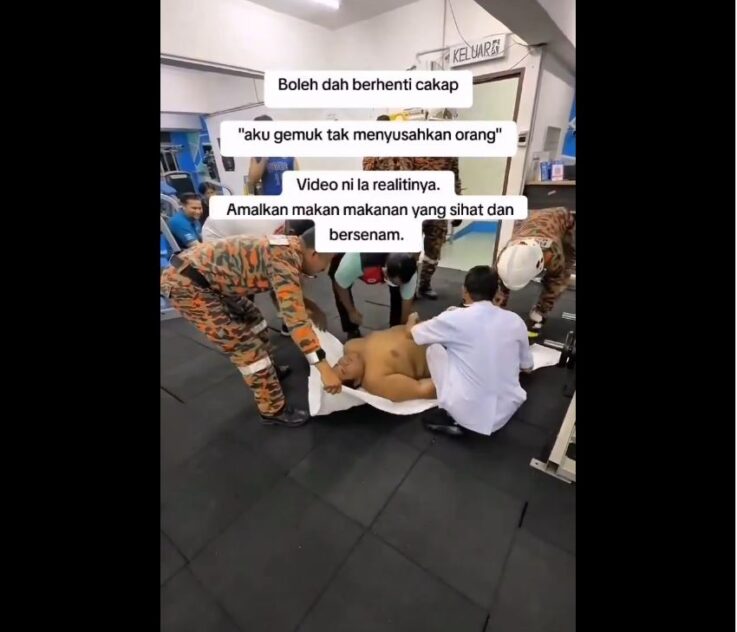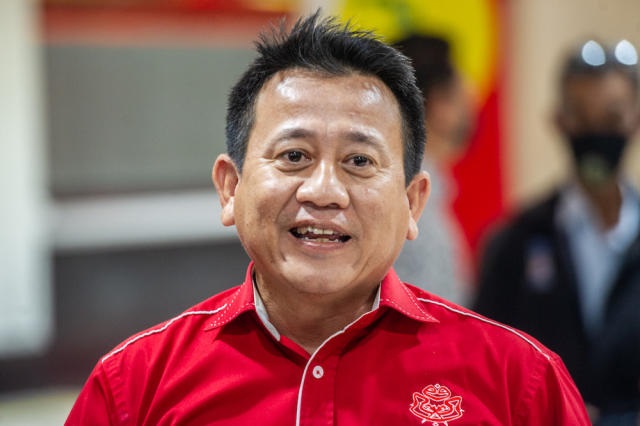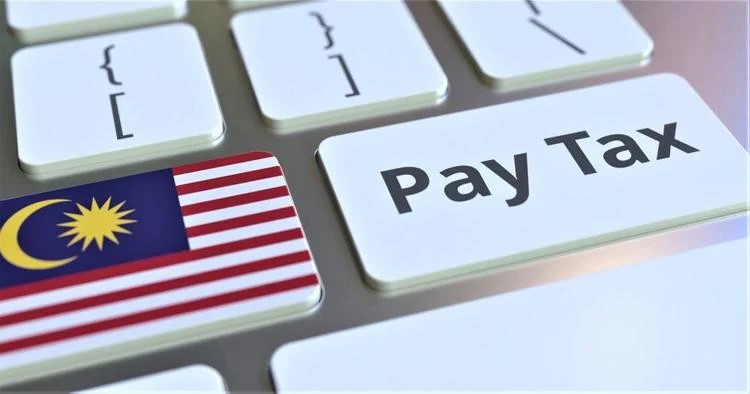MEDIA watchdog the Centre for Independent Journalism (CIJ) has raised alarm bells over the Communications and Multimedia Ministry’s new task force to monitor “fake news” during the 15th General Elections (GE15).
The task force, comprising more than 100 personnel from the Royal Malaysia Police (PDRM) and Malaysian Communications and Multimedia Commission (MCMC), has been tasked with immediately removing “fake news” posts without waiting for a report.
CIJ executive director Wathshlah G. Naidu said while it is critical for the caretaker government to adopt measures to curb the spread of disinformation – a trend which she said often escalates during election periods – the move to establish the task force is “concerning”.
As such, she urged caretaker communications and multimedia minister Tan Sri Annuar Musa to urgently provide clarification on seven areas.
She said Annuar must first define and elaborate on the scope of “fake news” adopted by the task force as “fake news” must be viewed within the larger ecosystem of information.
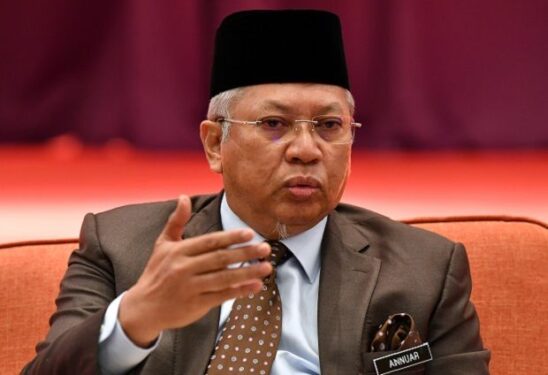
“The focus should be understanding the distinct differences between ‘misinformation’ and ‘disinformation’ and the actual intentions behind spreading these kinds of information,” Wathshlah said in a statement.
Misinformation is generally understood as mistakenly or inadvertently creating and spreading false or inaccurate information without malicious or manipulative intent to deceive.
On the other hand, disinformation or “fake news” refers to deliberate and systemic attempts with clear intent and design to manipulate and sway peoples’ thinking through propagated, false and dishonest information.
“Clarity needed”
Next, Wathshlah asked for clarity on the processes in place to identify such content by the task force and necessary safeguards in the event of wrongful removal of content, and whether redress mechanisms are in place.
“Will the task force apply the harm test before classifying a particular content as ‘fake news’?” the prominent activist asked further.
“The harm test must always be adhered to in determining if the disinformation was actually intended to mislead and did, in fact, lead to undermining political parties or candidates’ reputations and privacy, and incited violence, discrimination or hostility against specific groups or community.”
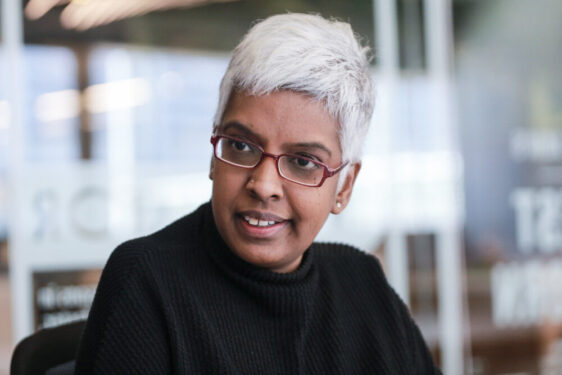
General differences of opinion, dissent or questioning of party, candidate or public institutions leading to distrust of said party, candidate or institution would not necessarily meet the harm test, she pointed out.
Wathshlah also asked about the level of engagement between the task force and multinational technology companies that provide the platforms and services which enable the removal of “fake news” content, such as META, Twitter, Bytedance and Google.
Besides that, Wathshlah asked Annuar about measures in place to guarantee that the setting up of the task force would not lead to further surveillance, invasion of privacy, censorship, attacks on media freedom and “disproportionate crackdowns” on legitimate speech.
She further cautioned against any “arbitrary and unchecked use” of the task force, saying doing so will “go against the fundamental norms of freedom of expression and speech” as enshrined in the Federal Constitution and relevant international standards.
Any restrictions on said rights, she said, must be legitimate, necessary and proportionate, while the Government’s focus should be on educating the public through credible public service broadcasting to help people fact-check against their trusted news sources.
“On the other hand, as the general public, in exercising our freedom of expression, we must adhere to international standards and prevent the dissemination of disinformation.” – Nov 12, 2022
Main photo credit: Reuters


